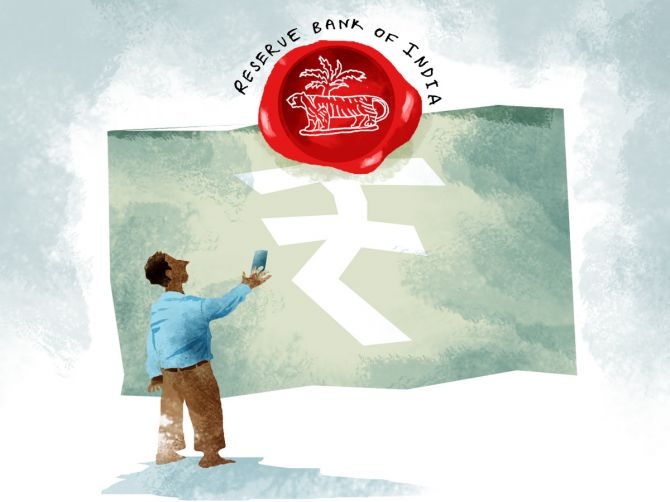The fundamental issue between banks and fintech would be who will own the customer and who will be the service provider.

Banks and fintech firms will coexist in the future and grow through collaboration, and there will be space for everybody, said Aditya Puri, former managing director and CEO, HDFC Bank, at the Business Standard BFSI Insight Summit.
"As far as fintech and banks are concerned, each will have niche markets, and each will have partnerships.
Collaboration always wins, teamwork always wins," Puri said in his keynote speech.
"And the fun will start when open banking comes in because then a lot more data will be available. The winners will be those who know how to use the data and have the experience and move the fastest," Puri said.
The regulatory stance will be the key to reaping the benefit of India Stack, and the digital infrastructure created.
Public digital infrastructure goods, such as UPI, Aadhaar, e-KYC, coupled with cheap broadband and the low cost of telecom will democratise the benefits of technology and allow India to leapfrog other countries.
India's financial services sector has the potential to be "one of the best and leapfrog over everybody else in providing services," Puri said.
"Infra spending, coupled with agri reform, and easy availability of credit, which is a joint responsibility of banks and regulators with a forward-looking approach, should transform semi-urban and rural India, where 60 per cent of the population lives."
According to Puri, too much is being made of the challenges posed by fintech firms to banks.
"Banks have been there for a very long time and will be there for a very long time further. Somebody has to finance climate change, changes brought about by digitisation, infrastructure, somebody has to do the large fund transfer because we don't trust people other than bankers for fund transfer ..."
However, that doesn't mean banks can afford to remain the same, "but don't make the mistake of writing off the banks. Banks will do well. And do not overestimate what fintech can do. They both need each other," said the veteran banker.
However, fintech has allowed firms to change their business models and lower costs.
The fundamental issue between banks and fintech would be who will own the customer and who will be the service provider.
Banks have brand, trust, and the customers in the end get the benefit of having a broad product range.
Banks, though, are limited by strict regulations, while fintechs have scalable tech, frictionless service, low cost and are building a large customer base and flexibility, but have a low product base.
There is no denying that the digital revolution has caused a secular shift.
Telecom, computing, social mobility, robotics, and artificial intelligence are changing the way people work and play.
"A combination of these changes will require a complete transformation of society and government, and not just finance," Puri said.
The corporate sector has to move from stockholder focus to stakeholder focus and individuals have to give back more to society, he said.
Feature Presentation: Aslam Hunani/Rediff.com











